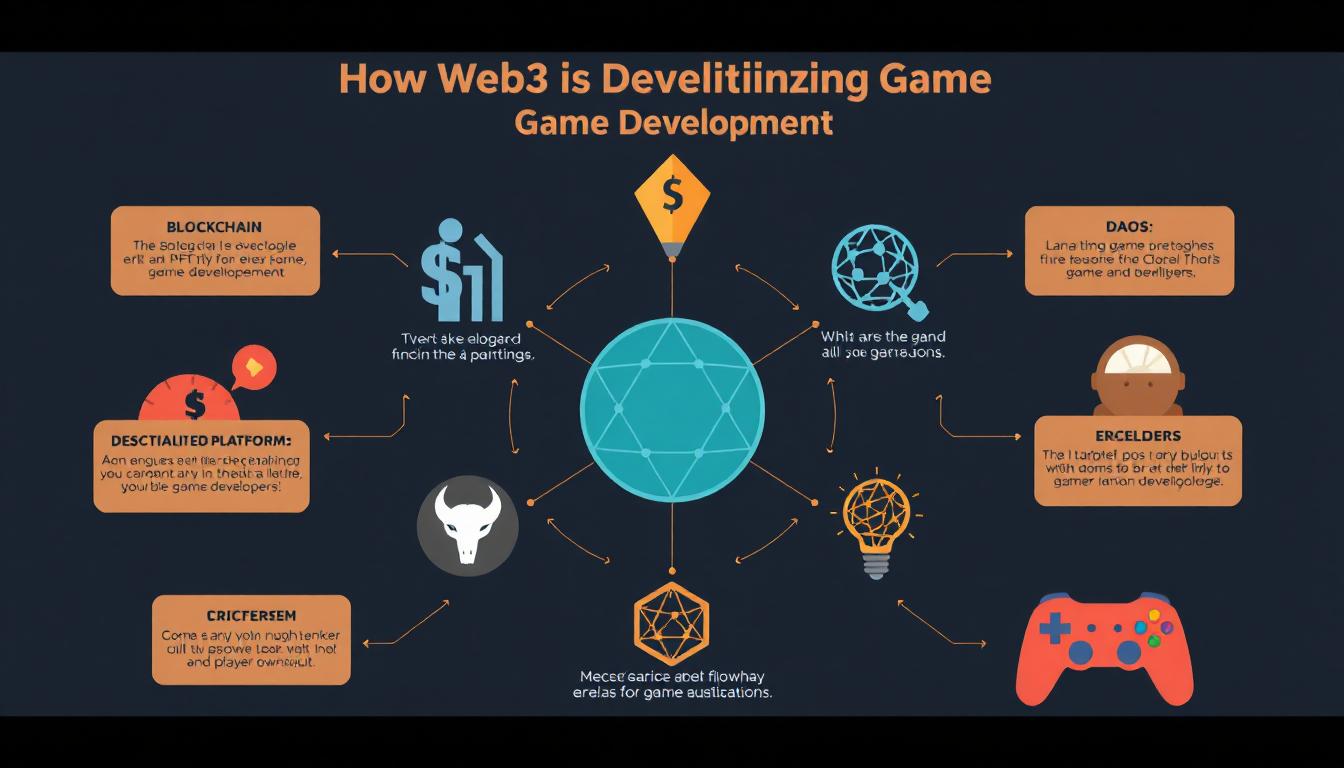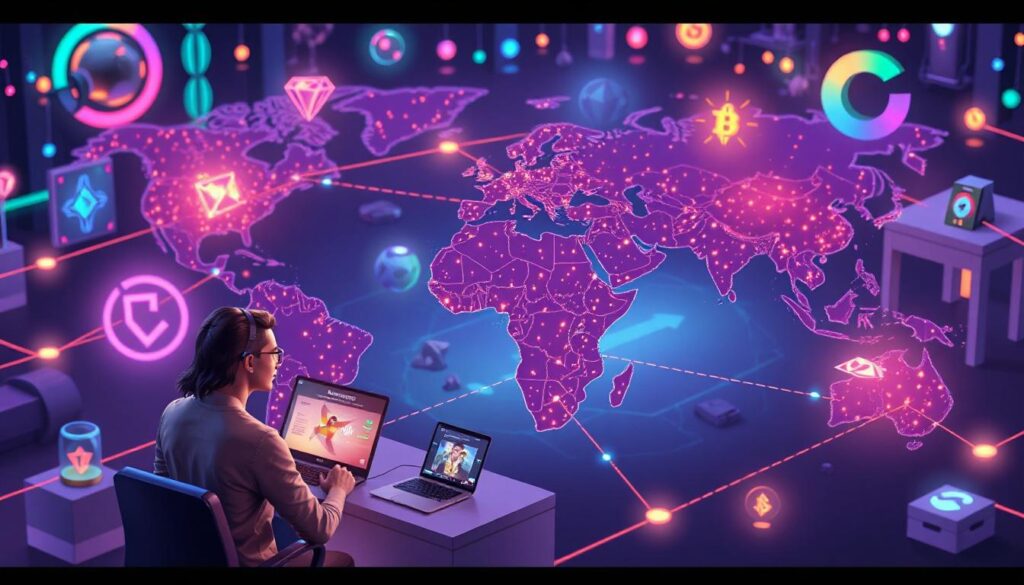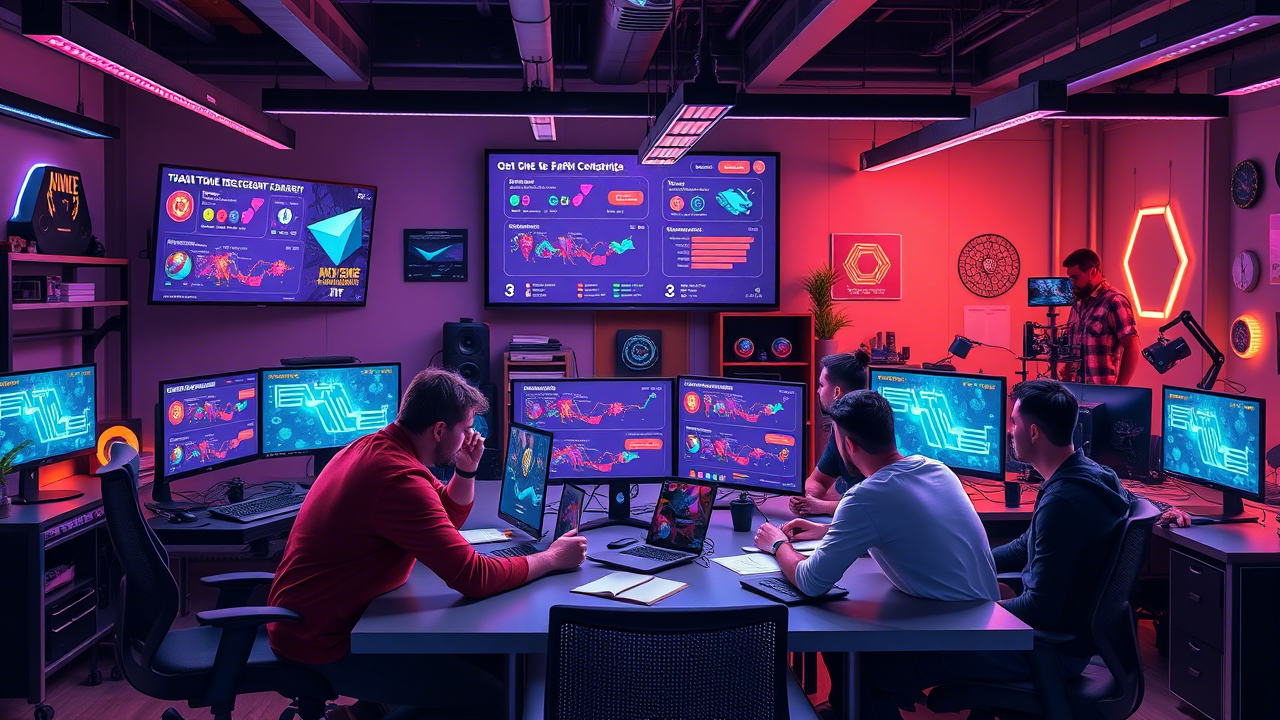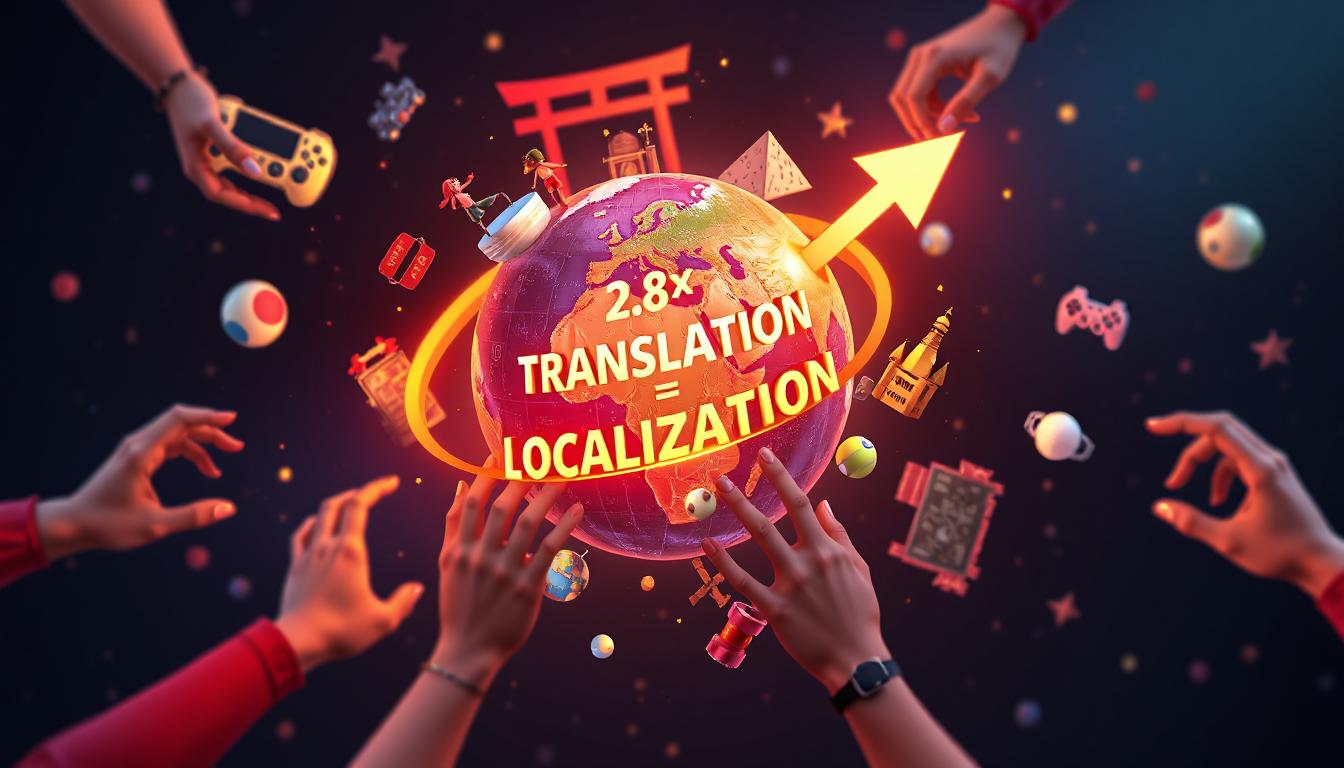
Web3 in Gaming: The Rise of Indie Developers through Decentralized Game Development
What if it didn’t take million-dollar investments, publishing reckoning, or centralized control to build a successful game? We are in the Decentralized Game Development age, and Web3 in gaming is bringing profound changes to how games are made, owned, and monetized.
These breakthroughs include decentralized game platforms, Play-to-Earn models, NFTs in gaming, and smart contracts for game development, which empower indie game developers like never before.
But is this a fad, or are we observing a permanent power shift in the gaming industry? Let’s get into the tech, the stats, the case studies — and what all of it means for the future of studios, large and small.
How Indie Studios are Being Empowered: The Impact of Web3 on Game Development
The traditional gaming model has—particularly for indies—huge hurdles: costly engines, difficult distribution, and under-funding. But the emergence of Web3 in gaming is upending that model. To build decentralized games, creators can use open-source tools, community funding, and revenue-sharing agreements directly coded into smart contracts.
According to a 2023 report from Blockchain Game Alliance, 62% of web3 game projects originated with independent developers or small studios and did not have a traditional publisher behind them. (Blockchain Game Alliance 2023)
The change is not merely philosophical — it is fiscal. Games such as Axie Infinity and The Sandbox have demonstrated how NFTs in games and DeFi in games can evolve into community-owned economies. As of 2024, The Sandbox boasts more than 23,500 unique landowners, with many creating game content too. (DappRadar, 2024)
Consider that: players aren’t merely playing, they’re building, owning, and earning. That’s a degree of democratization of game development that would’ve been impossible just five years ago.
How Blockchain Revolutionizes the Gaming Industry and Empowers the Gamers
So, how does game blockchain technology contribute to decentralized game development?
- Player-owned assets: Characters, weapons, and skins are no longer server-locked, but player-owned: NFTs. These NFTs are tradable and collectible, and also upgradable with benefits transferable to other games.
- Smart contracts: Enforce transactions, revenue share, and governance automatically, removing middlemen and allowing fair co-operation between developers, artists, and players.
- Decentralized governance: DAOs or Decentralized Autonomous Organizations allow communities to vote on changes like game updates, expansions, or economy tweaks.
Take, for instance, Illuvium, a card game-based RPG on the blockchain. Its governance through a DAO covers everything from gameplay adjustments to treasure distribution. By early 2025, the Illuvium DAO treasury is valued at over $150 million in diverse assets, all run by the player community. (Illuvium DAO Treasury, 2025)
Even the largest studios are taking note. Ubisoft unveils its Quartz platform, also enabling players to own in-game items as NFTs — but despite backlash, they’ve doubled down in 2024, expanding integrations across its franchises. (Ubisoft Quartz)
The Advantages of Decentralized Platforms for Small Game Developers
So, let’s not romanticize this—indie game developers operate in a brutal world of competition, tight margins, and market saturation. But decentralized platforms invert that power dynamic.
- Crowdfunding and Token Launches: Developers can raise capital by launching initial game offerings (IGOs) on platforms like GameFi and Seedify that enable the sale of utility tokens or game NFTs.
- Revenue-sharing by smart contracts: A dev team of five from five countries — all get paid instantly anytime an asset is sold; no invoicing, no publishers.
- Decentralized distribution: Projects such as Ultra (a blockchain-powered game store) eliminate platform fees, compared to Steam’s 30% share.
One such example is Aurory, a Solana-based Play-to-Earn RPG. It released its NFTs in 2021, raised more than $10 million, and started development without a traditional studio or publisher. It has since amassed a player base of over 350,000. (Aurory Stats, 2024)
Compare that with traditional publishing, where indie devs can see their revenue take an 80% dive. This kind of economic disparity explains why so many are moving to decentralized game ecosystems.

What Decentralized Game Ecosystems Can Empower Indie Developers
The true magic of Decentralized Game Development isn’t technical—it’s an agency.
We are going to take another look at Star Atlas, a next-gen gaming metaverse where players build ships, form alliances, and govern entire planets. Built on Solana, it manages the economy, staking, and ship ownership through smart contracts.
But here’s the kicker: a huge chunk of its assets were generated by freelance 3D artists around the world, organized on Discord and compensated in USDC. This is worldwide cooperation without a publisher—all secured by immutable smart contracts.
What’s holding back a hotshot’s dev in Tehran, Lagos , or Manila from building the next Star Atlas? Very little. And that’s the future.
Decentralized gaming platforms attracted more than $4.4 billion of funding in 2023, with 72% of projects based outside North America and Western Europe, according to Delphi Digital. (Delphi Digital, 2024)
But what about tools?
Free development tools for games like Unity and Unreal provide Web3 plugins, and chains like Immutable X or Polygon provide SDKs specifically for game assets. That is a game changer — pun intended.
Decentralized Game Development: Impediments and Aspirations
We’ve talked about the upside — but what’s the friction?
Regulatory uncertainty: NFTs and crypto in games often end up in legal grey areas, especially in the EU and U.S.
Low-code blockchain builders like Thirdweb and Moralis are solving this problem, but it does face a steep barrier to entry for non-technical devs.
Player skepticism: There’s been a strong backlash against “NFT cash grabs.” They need substance, not gimmicks,” explained the designer.
Only 12% of developers said they would incorporate NFT technology, according to a 2024 GDC survey — down from 27% in 2022 — due to market fatigue and technical hurdles. (GDC State of the industry, 2024)
Yet the future is not grim. It’s about evolution.
Companies such as Big Time have transitioned from primarily monetizing games aggressively into putting community first, with game lore, broader accessibility, and genuine asset utility. The move resulted in a 230% growth in active users in 2024 alone. (Big Time Analytics, 2024)
Conclusion: Decentralized Game Development is Redefining the Future of Games
From NFTs in gaming to smart contracts in game development, the decentralization of this industry is not only feasible, but it is already occurring. For indie devs, it is a powerful alternative to the gatekeeping of publishers, engines, and monetisation models.
Decentralized Game Development is an imperfect but participatory age. Now, as game-changed blockchain technology matures — and scepticism fades — the tools are finally in place for building fairer, player-owned experiences.
Whether you’re an aspiring developer or simply a gamer looking for new and exciting adventures, are you prepared to be a part of the new game economy?
For step-by-step strategies, funding insights, and more on building a successful gaming business, view the How to Run a Successful Video Game Startup guide.
Q&A
Q1: What is Decentralized Game Development?
Decentralized Game Development is the development, funding, and management of games without centralized control or traditional publishers, utilizing Web3 technologies such as blockchain, NFTs, and smart contracts.
Q2: How do Web3 benefits indie game developers?
Web3 offers those tools for crowdfunding, player ownership, and transparent revenue sharing—for small teams to build and scale without middlemen.
Q3: What are some of the biggest hurdles to blockchain adoption for games?
Legal ambiguity, technical complexity, and community trust continue to be the biggest hurdles, but new tools and community-first approaches are creating a way forward.
Source:
Blockchain Game Alliance, 2023, DappRadar, 2024, Illuvium DAO Treasury, 2025, Ubisoft Quartz, Aurory Stats, 2024, Delphi Digital, 2024, GDC State of the Industry, 2024, Big Time Analytics, 2024


